The effects of the COVID-19 pandemic continue to be felt across the country. Hunger-relief organization Feeding America reports a 55 percent increase in demand at food shelves in the U.S. since March 2020. In 2021, Feeding America estimates that “42 million people, including 13 million children, may be at risk of hunger.”
Schools and nonprofit organizations have been key to fighting food insecurity this past year. Your help will be needed yet this summer. Summer meals are easier than ever to offer because of the USDA’s emergency waivers for COVID-19.
There are two federally reimbursed programs for offering summer meals: the Summer Food Service Program (SFSP) and the Seamless Summer Option (SSO). This chart outlines the differences between SFSP, SSO, NSLP and School Breakfast Program under normal operations and do not reflect waivers currently in effect.
Summer Food Service Program
Most schools and organizations have been operating under eased SFSP guidelines since the USDA first issued waivers in 2020. This program has historically been limited to organizations providing structured programming, feeding kids in a congregant setting, and in geographic areas where at least 50 percent of children receive free or reduced-price school lunches. These traditional tenets have been waived until September 2021 due to the coronavirus.
Under current waivers, schools and nonprofits operating under the SFSP can provide weekly meal bundles containing breakfasts and lunches for 5 or 7 days for children 18 and under. Parents can pick up these meals for each child under 18 in their homes weekly on the designated pick-up day. Because the SFSP nutritional guidelines are based on daily versus weekly requirements, this program offers greater meal flexibility than the Seamless Summer Option.
For example, SFSP providers can use CKC Good Food’s grocery menus to supply families with ingredients for cooking 5 servings of a single recipe. All the ingredients are clearly marked and each recipe is simple to heat and serve. These menus cannot be used by Seamless Summer providers.
SFSP reimbursement rates, which are higher than the NSLP and SSO reimbursement rates, are available here.
Schools and nonprofit organizations can choose to be “sponsors” or feeding sites operating under supervision of a sponsor. In addition to managing the foodservice program for your own school or organization, sponsors also oversee operations and reimbursement for the feeding sites under their jurisdiction. As a sponsor, you provide meals to all feeding sites and report meal counts to the USDA for reimbursement. Feeding sites must operate under the same USDA rules and guidance for the SFSP as the sponsor and are responsible for raising awareness of the free meals in their respective areas of service.
Seamless Summer Option
Schools that have continued to serve meals under the National School Lunch Program (NSLP) in school year 20/21 may prefer to provide summer meals through the SSO. It allows you to follow the same school-year operational and nutritional guidelines during the summer. The SSO reimbursement rate is at NSLP rates, which are less than the SFSP reimbursement rate. If you have been operating under the SSO, you can switch to the Summer Food Service Program by applying with the Minnesota Department of Education.
Please help fill a critical need for kids this summer by providing nutritious meals. The USDA and state agencies are currently seeking organizations like yours to offer these summer programs for breakfasts, lunches and snacks.
Resources
- Seamless Summer Option: Providing Multiple Meals at a Time During the Coronavirus Pandemic from USDA Team Nutrition
- Summer Food Service Program: Providing Multiple Meals at a Time During the Coronavirus Pandemic from USDA Team Nutrition
- SFSP Fact Sheet (in English and in Spanish)
- SFSP Summer Meals Toolkit
- Cafeteria Connection: Summer Meals and Grocery Menus editions, available in the Resources section of the CKC client portal.


